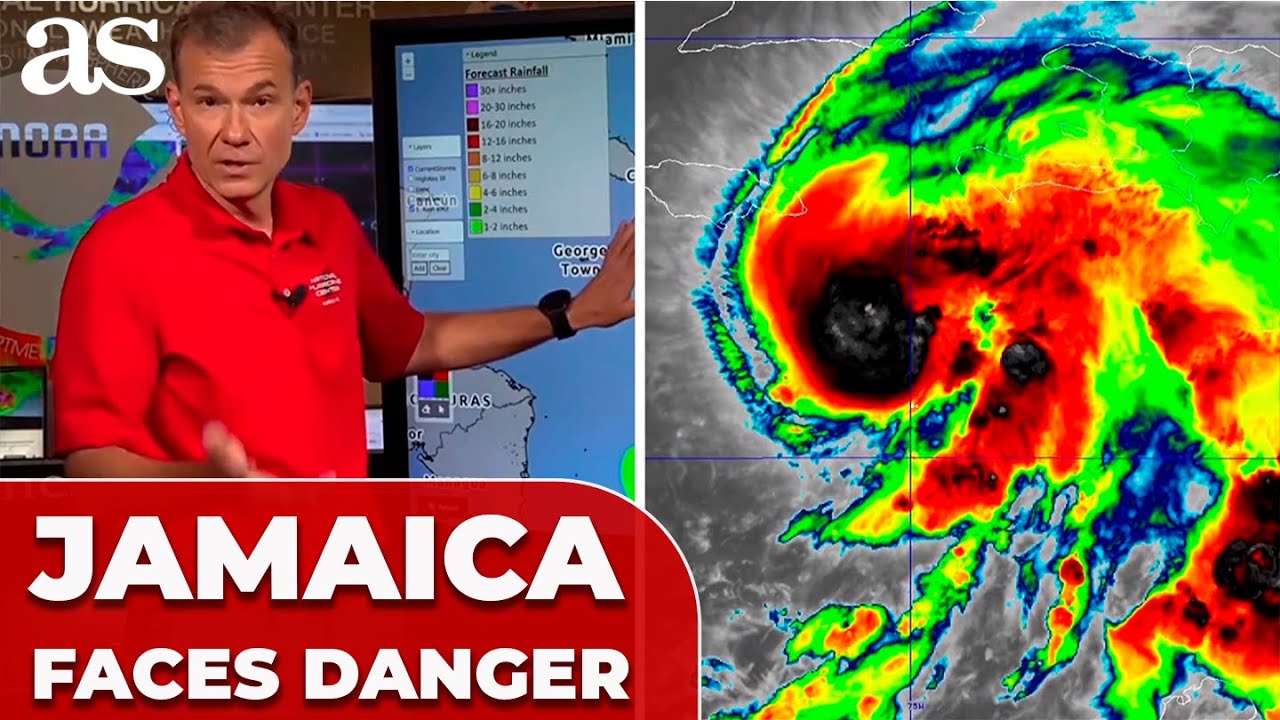
Introduction
Tuvalu, a tiny island nation in the Pacific Ocean, is increasingly becoming a focal point of global discussions on climate change and rising sea levels. With its highest point only about four to five metres above sea level, Tuvalu is one of the countries most at risk of disappearing due to the impacts of climate change. This situation not only poses a significant threat to its 11,000 residents, but also raises critical questions about climate justice and the future of small island nations globally.
Current Events and Challenges
Recent reports from the Intergovernmental Panel on Climate Change (IPCC) have highlighted that rising sea levels could displace millions of people worldwide by 2050, with Tuvalu being among the first to be affected. In September 2021, Tuvalu’s Prime Minister Kausea Natano addressed the United Nations General Assembly, calling for immediate global action to reduce carbon emissions. He emphasised that Tuvalu is not just a victim of climate change but also stands as a beacon for climate action, pushing for innovative solutions to mitigate the risks.
In addition to sea level rise, Tuvalu faces challenges such as saltwater intrusion affecting freshwater supplies, increased frequency of severe weather events, and threats to its agricultural systems. The country’s government has been actively engaging in international partnerships to seek technical and financial support for climate adaptation strategies. In 2022, Tuvalu secured funding for the construction of climate-resilient infrastructure, demonstrating a proactive approach despite being on the frontline of the climate crisis.
Looking Ahead
The future of Tuvalu remains uncertain, but the nation is demonstrating resilience and resourcefulness in the face of adversity. As global awareness increases regarding climate change, Tuvalu serves as both a warning and an inspiration, highlighting the urgent need for collective global action. In recent months, numerous initiatives have emerged to support small island developing states in the Pacific, showcasing a united front against climate threats.
Moreover, discussions around potential relocation for Tuvalu’s population have begun, although these plans pose their own series of ethical and logistical complications. Experts are divided on the efficacy of such measures, raising important questions about identity, culture, and sovereignty.
Conclusion
As Tuvalu continues to navigate its precarious situation amid rising sea levels and climate instability, the international community’s response will be crucial. The situation in Tuvalu is a stark reminder of the existential threats posed by climate change, making it imperative for nations to reassess their commitment to climate action. For residents of Tuvalu and other vulnerable nations, the hope lies in a global shift towards sustainability and resilience. Climate justice is not merely a concern for Tuvalu but a shared responsibility that requires immediate and concerted effort worldwide.
You may also like

Marie Hobinger: A New Force in Environmental Activism

Neil Foden: Champion of Sustainable Practices
